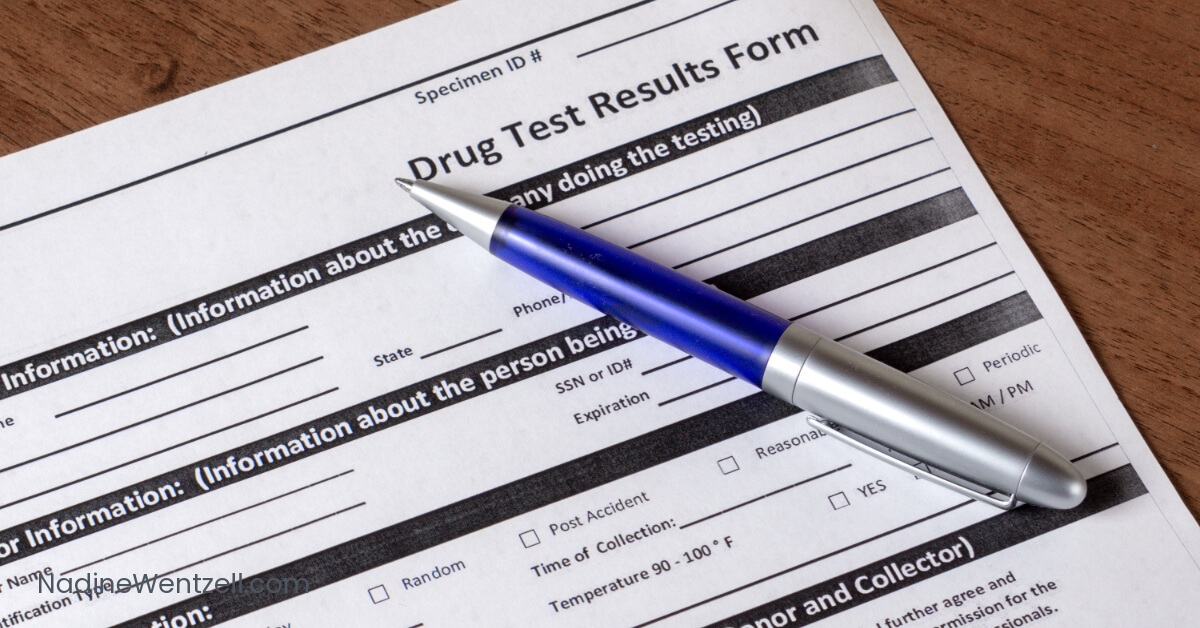Workplace Safety’s Missing Link: Training for Fairness and Compassion in Response to Substance Use
When we think about workplace safety, our minds often jump to hard hats, harnesses, and hazard prevention. But there’s another kind of safety that deserves equal attention: the psychological and cultural safety that comes from how we handle sensitive issues like substance use. For many organizations, this is the missing link in their safety culture: … Read more










